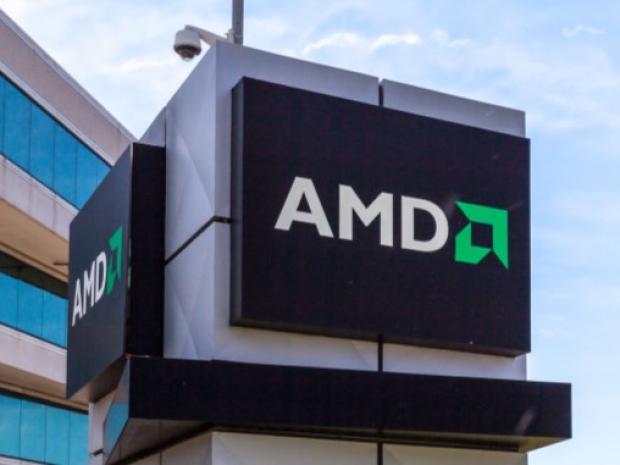AMD admitted there was a performance gap between what reviewers reported and their own rosy figures, blaming it on poor OS optimisation for the branch predictor.
We're told the upcoming Windows 11 24H2 update will magically fix everything, improving branch predictions and finally using the Ryzen 9000's capabilities. AMD's internal tests claim a nine per cent performance boost at 1080p compared to the Ryzen 7000 "Zen 4" CPUs. Hardware Unboxed, however, paints a different picture, showing double-digit gains across multiple titles.
But let's not get too excited. When comparing the Ryzen 7 9700X and Ryzen 7 7700X, the performance difference post-update is negligible, debunking AMD's grand claims. Even Zen 4 sees a performance bump with the new Windows update, proving these upgrades aren't exclusive to Zen 5.
The real question is why AMD kept this update under wraps. They could have launched the Ryzen 9000 lineup alongside the Windows update, improving their initial market impression. The Windows 24H2 update also benefits Intel CPUs, giving them a slight performance boost.
AMD has slightly improved gaming performance for their Ryzen 9000 "Zen 5" CPUs, but it's hardly the revolution they promised. With Intel's Arrow Lake-S CPUs on the horizon, we'll see if AMD can maintain the competitive edge.

